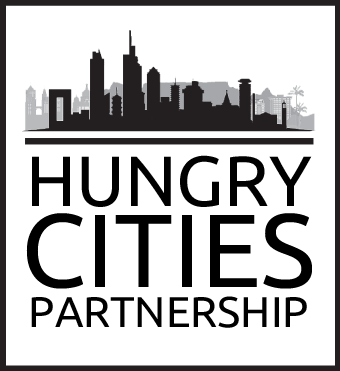
Document Type
Hungry Cities Report
Publication Date
2018
Department
Balsillie School of International Affairs
Abstract
This report on the state of food security in Nanjing, China, is based on a 2015 city-wide survey conducted by Nanjing University and the Hungry Cities Partnership. The research found that most of the city’s residents are food secure, with access to desirable foods and high dietary diversity throughout the year. Nanjing has a high level of economic development, low unemployment, and spatially dense food supply networks. However, a high average level of food security obscures the finding that about one household in five is food insecure according to the Household Food Insecurity Access Prevalence indicator. Female-centred households, households that have no formal wage worker, and households with only one member tend to be the most food insecure. The proximity of wet markets and supermarkets to food retail and food procurement by households across Nanjing emerges clearly in this survey, and the relationship between wet markets and supermarkets appears to be more complementary than competitive. The survey found that three in four respondents feel exposed to threats of unsafe food from the production and processing stages of food supply chains, especially from the overuse of agrochemicals in the agriculture and livestock industry. There is a widespread perception that the ineffective enforcement of regulations by local governments is the major cause of food safety problems.
Recommended Citation
Si, Z., & Zhong, T. (2018). The State of Household Food Security in Nanjing, China (rep., pp. i-53). Waterloo, ON: Hungry Cities Partnership. Hungry Cities Report, No. 9.
Included in
Food Studies Commons, Human Geography Commons, Politics and Social Change Commons, Urban Studies and Planning Commons

